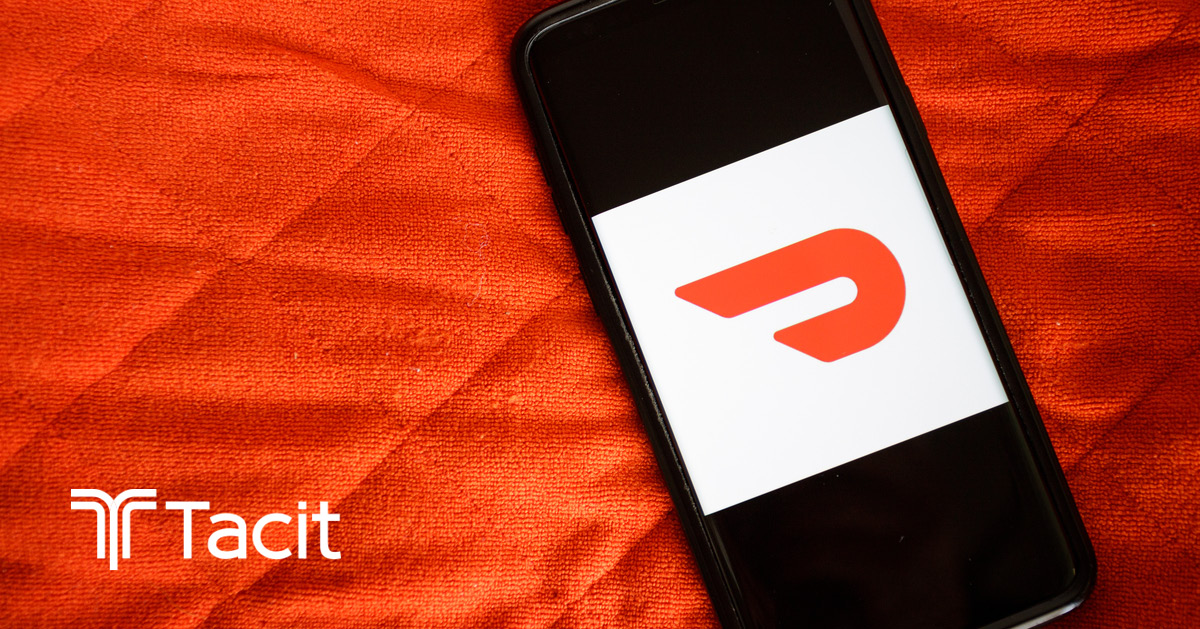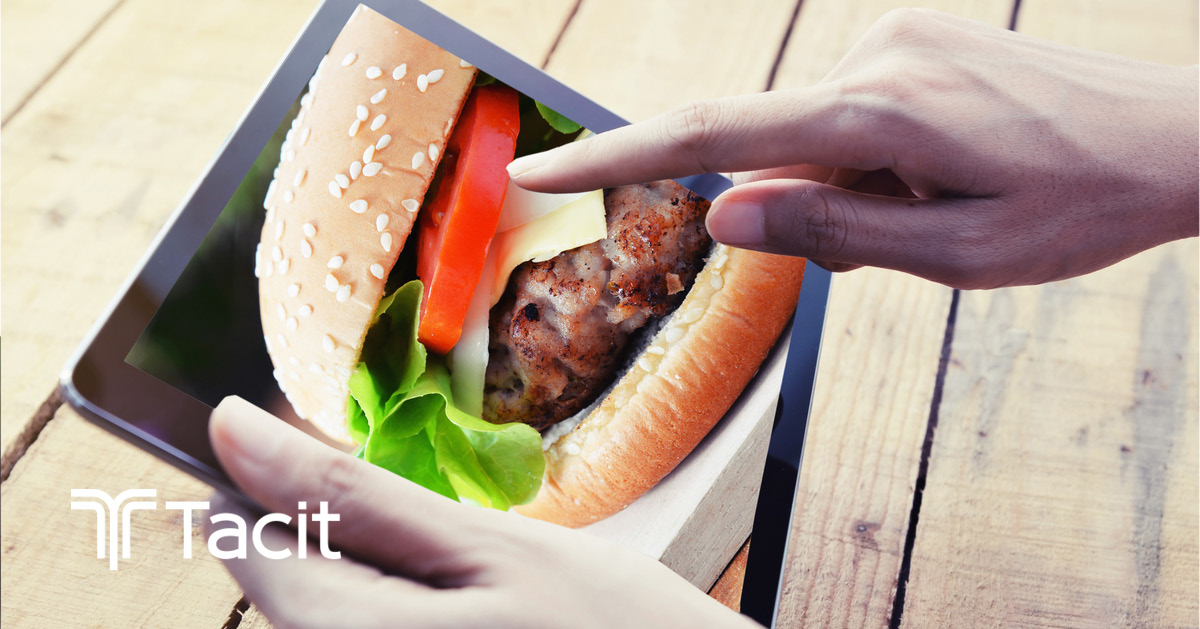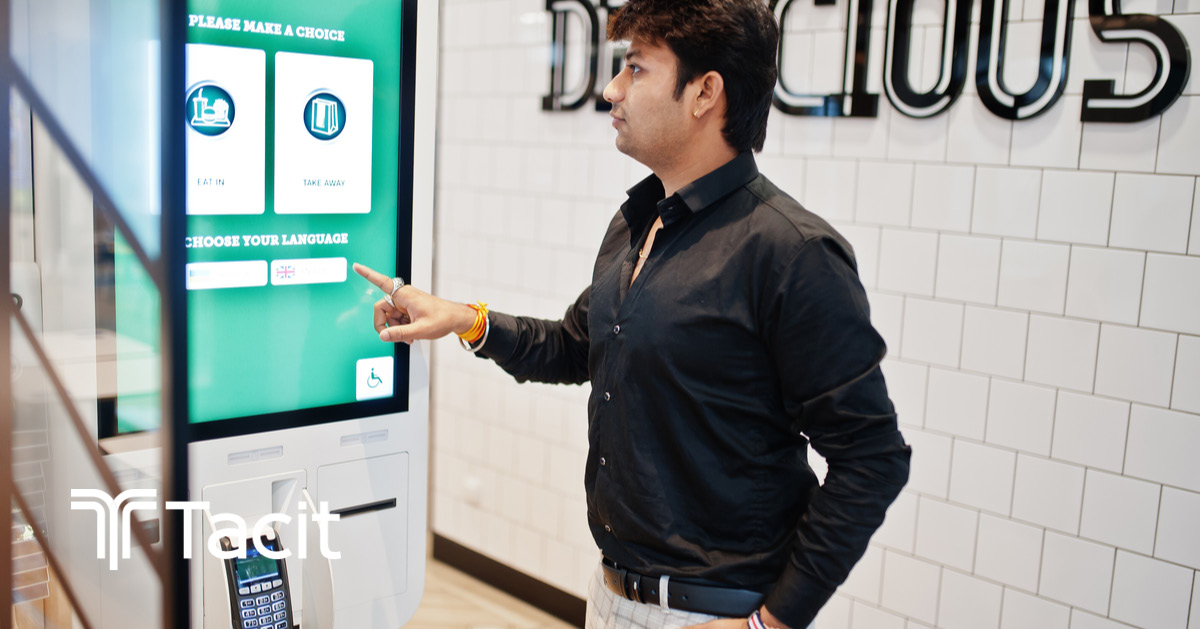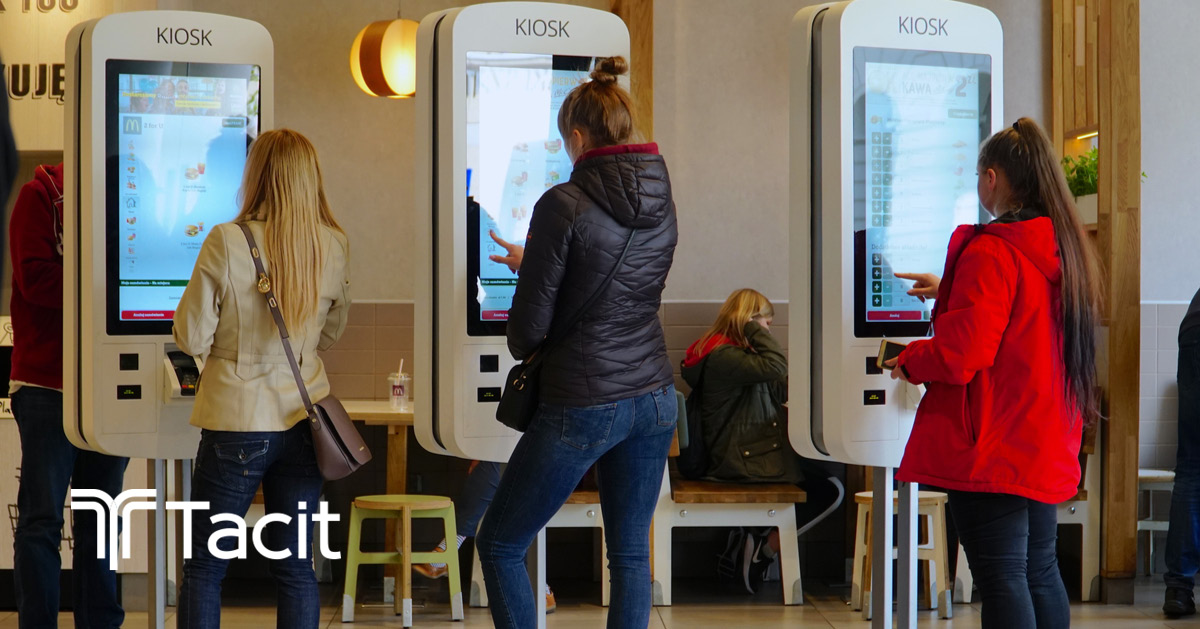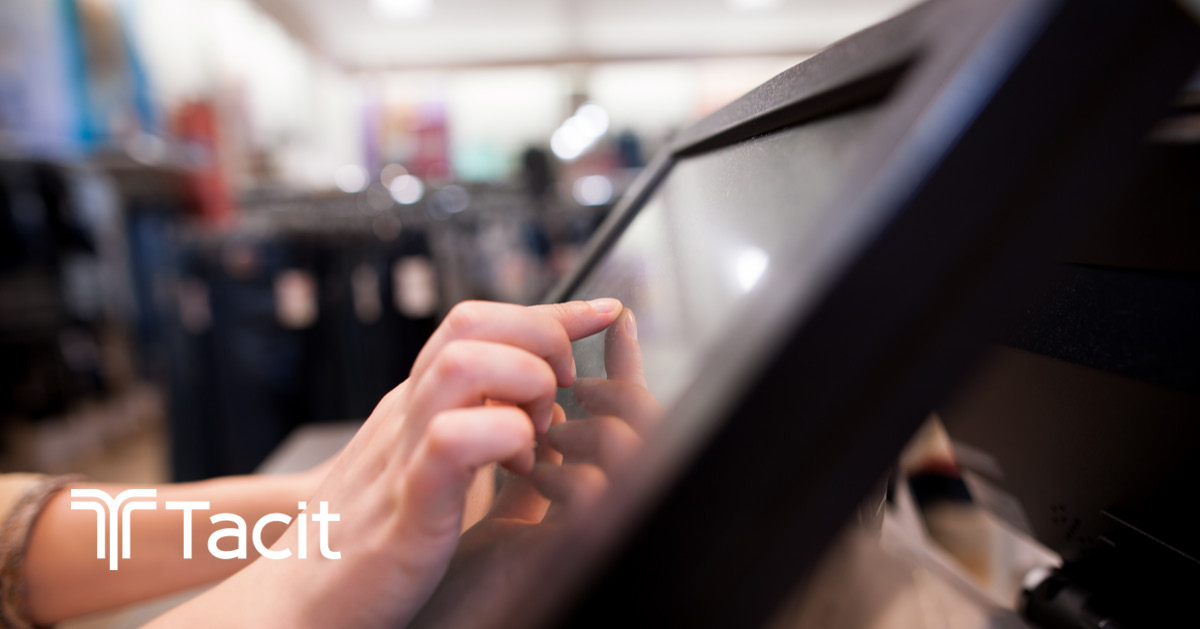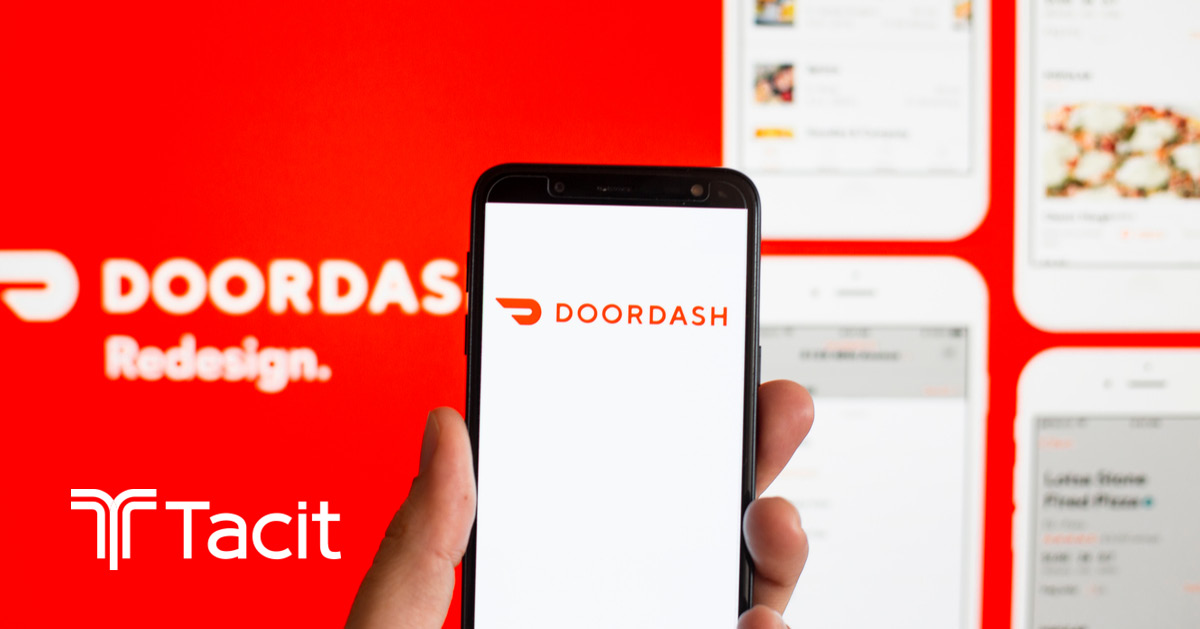Posted at 07:29h
in
Technology
by tacitcorp
Digital disruption continues within the restaurant industry, and the problem is not limited to fast-casual restaurants. All restaurants face uncertainty as third-party aggregators, including Grub Hub, Favor, Uber Eats and DoorDash, continue to capture more of the delivery market. In some cases, market share among aggregators may reach 80% or more. At the same time, struggling restaurant operators try to find ways to make third-party partnerships profitable, even at the cost of under-reporting sales to franchisors. However, POS integration can help decrease franchisee under-reporting and alleviate problems with profitability in the era of omnichannel restaurants.

